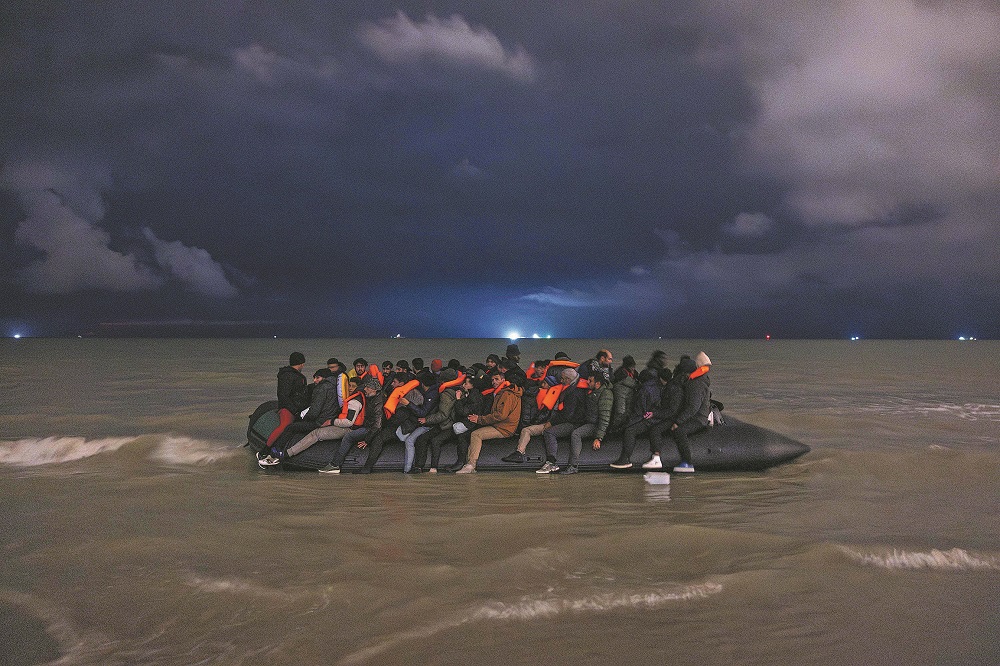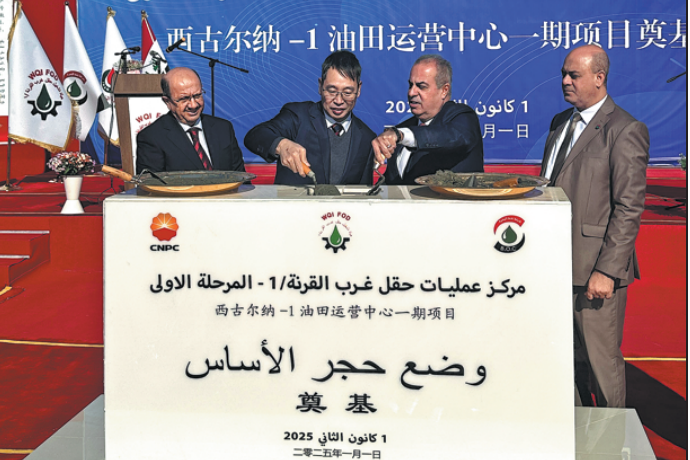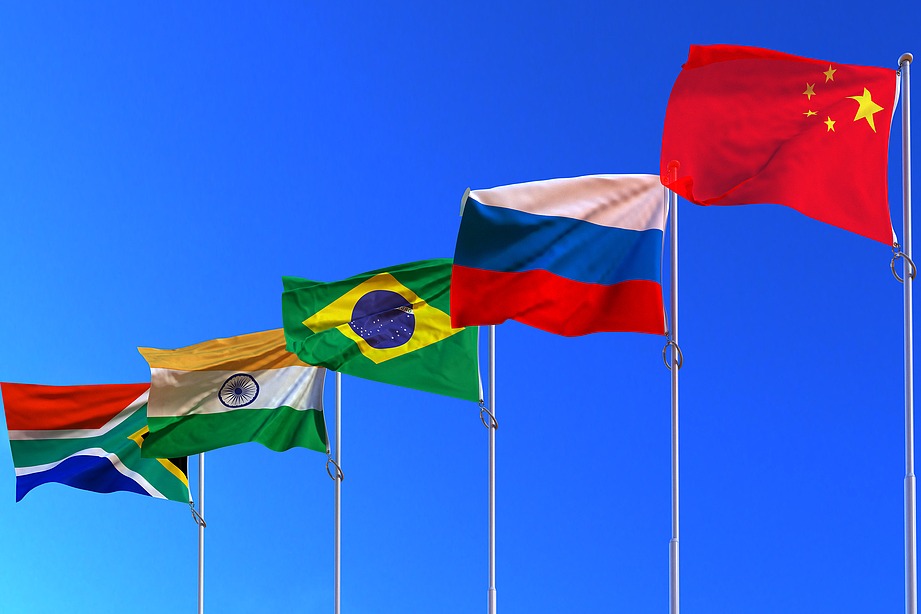Far right drives Europe's migration policy
Continent faces mounting challenges as public sentiment shifts, political divisions deepen


Whether it was the conflict in Ukraine surpassing 1,000 days or a record number of deaths among migrants trying to cross the English Channel, the mass movement of displaced populations in and around Europe remained a grim headline fixture in 2024.
The United Nations' refugee agency, UNHCR, projected Europe's forcibly displaced and stateless population to increase by 2 percent to 24.9 million people in 2024, and its effect was felt everywhere.
In June, elections took place for the European Parliament, whose cross-border structure means voters can sometimes find issues that do not necessarily directly affect their own country end up influencing the overall outcome, which, in turn, makes those issues locally relevant. One issue above all affected all 27 European Union states, and the result: migration.
Just a month prior to the elections, the EU adopted the Pact on Migration and Asylum that aimed at "managing migration and establishing a common asylum system at EU level".
The pact envisions sharing out migrants among EU countries, with the people having no say in where they are sent, and countries either accepting their quota or offering logistics support or financial contributions to assist others.
However, it is already facing opposition, as national attitudes toward the welcoming of migrants, and also the ability and willingness to accommodate them, vary sharply, and the election outcome presented a very different vision of the future.
While no single political bloc won a majority of the 720 seats, there was a swing to the right, fueled by migration.
Heading into 2025, the migration challenge remains as big as ever, and the successes of parties, such as France's National Rally and Germany's Alternative for Germany, at the national and EU levels suggest that the prevailing mood is becoming less tolerant and more hostile.
Two of the biggest sources of migrants have been Syria and Afghanistan, and the fall of the Bashar al-Assad regime in Syria has led many European countries to halt asylum claims for Syrians, or to suggest that they should return home.
For all their differences, immigration is one topic on which Europe's right-wing parties share much common ground, and 2024's results tightened their grip on the policy steering wheel.
It was noted in a paper published by the Chatham House think tank after the June election that one consequence of the emboldening of the right is that "centrist parties have tried to adopt far-right narratives on immigration at both national and EU level, hoping to retain voters who might otherwise consider defecting to far-right parties".
One suggested remedy is return centers. Details remain vague, but it would mean if an asylum application is rejected, the person would be moved to a facility outside EU territory as the start of their ejection process.
These were discussed at an EU summit in October, and referred to in a letter from European Commission President Ursula von der Leyen to EU leaders.
"We should … explore possible ways forward as regards the idea of developing return hubs outside the EU, especially in view of a new legislative proposal on returns," she wrote.
However, they would be a minefield of complexity, something Italy has already encountered in its plan to send asylum-seekers to detention camps outside EU territory while their applications are processed.
Italy's geographical location, sticking out into the Mediterranean Sea, puts it on the migration frontline. In the first six months of 2024, 25,345 migrants reached Italy, many by boat, a 60 percent decrease from the corresponding period in the previous year.
In November 2023, Italy agreed to a five-year deal with Albania to host Italian-built and funded camps, with Prime Minister Giorgia Meloni telling newspaper Il Messaggero at the time, "I believe (the deal) could become a model of cooperation between EU and non-EU countries in managing migration flows." But the detail has been more complex than the headline.
The first group of 16 people were sent in October, only to come back after a court ruled the countries of origin to which they may be returned if their bids failed could not be regarded as safe, and a month later, staff members also returned home.
"What remains in Albania is a colossal structure built by local entrepreneurs with Italian taxpayers' money, destined to decay," former prime minister Matteo Renzi wrote on X.
"What remains in Albania is Giorgia Meloni's face, responsible for an unprecedented waste of resources driven only by an electoral whim. And the judges have nothing to do with this, make no mistake: the Albania operation doesn't hold up, both in terms of numbers and the law."
Albania emphasized that this arrangement was exclusively on offer to Italy, rather than for general hire, because of what Prime Minister Edi Rama called the country's "unconditional love" for Italy, which some observers have linked to Albania's own bid for EU membership.

































